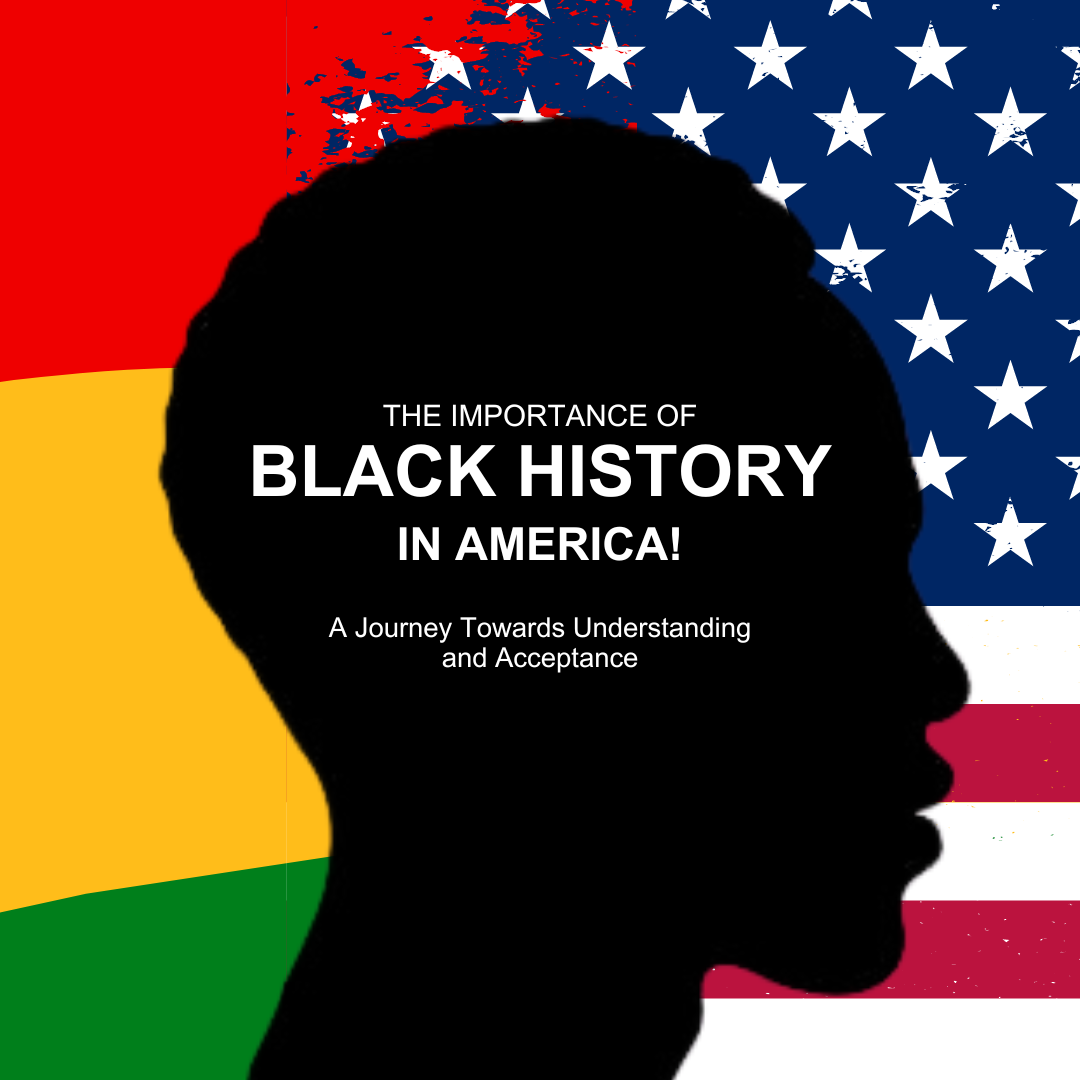A Journey Towards Understanding and Acceptance.
By Bill Day
In the fabric of American history, threads of Black history are woven so intricately that to unravel them would be to dismantle the tapestry itself. Yet, there exists a palpable fear of confronting this integral part of the nation’s past. It begs the question: why is America apprehensive about Black history?
At the heart of this fear lies a resistance to facing the uncomfortable truths that challenge the narrative of a nation founded solely on liberty and justice. Black history is rich with stories of resilience and triumph, but it is also marked by chapters of oppression and struggle. It is a history that holds a mirror to the systemic inequalities that persist to this day.
The reluctance to acknowledge Black history in its entirety often stems from a desire to preserve a sanitized version of the past. However, this selective remembrance does a disservice not only to the Black community but to all Americans. It denies the opportunity to learn from the past and to understand the complexities of the present.
In recent years, movements to incorporate a more accurate and inclusive account of Black history in educational curricula have gained momentum. Initiatives like The 1619 Project seek to reframe the country’s history by placing the consequences of slavery and the contributions of Black Americans at the very center of the national narrative.
The journey towards embracing Black history is not just about rectifying historical inaccuracies; it’s about recognizing the strength and diversity of the American identity. It’s about honoring the countless Black individuals who have shaped the nation’s course through their intellect, creativity, and perseverance.
As we move forward, it is imperative that we confront our collective fears and embrace the full spectrum of Black history. Only then can we begin to heal the wounds of the past and work towards a future where every American’s story is told, heard, and valued.





